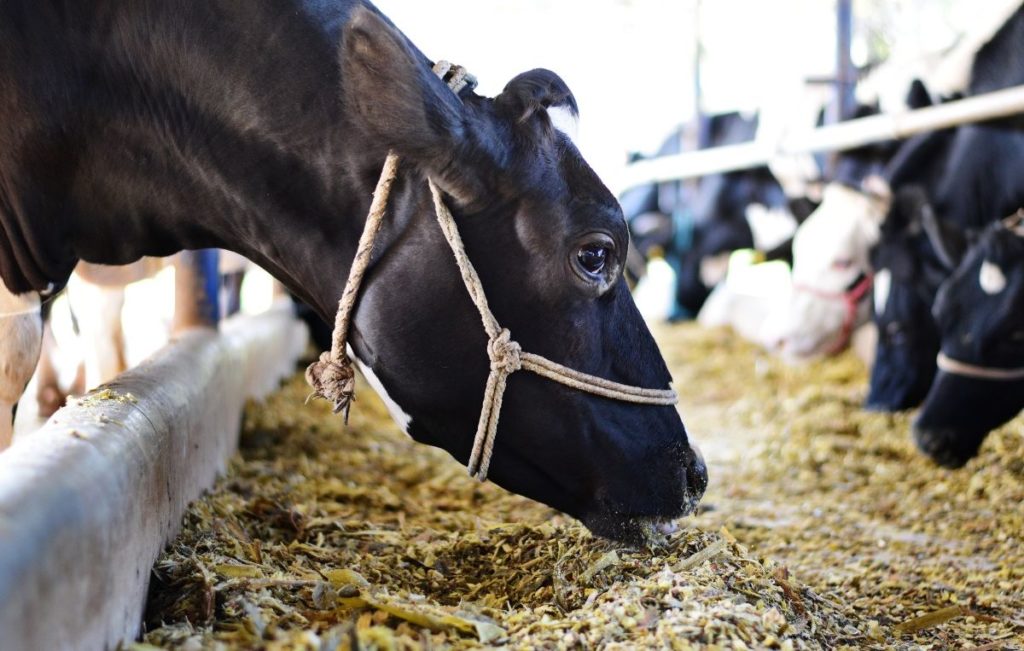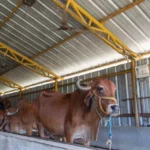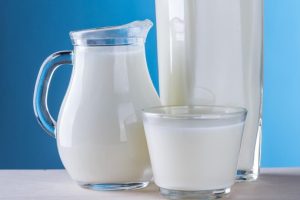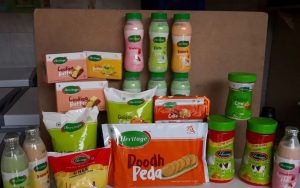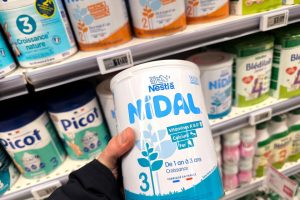
From a cow to your morning cup of tea- have you ever wondered just how much milk travels before it finally reaches you? It takes many steps to ensure that healthy, nutritional milk gets delivered right to your doorstep.
First, you need a cow. It is imperative that the animal is in good health, has a nice sheen and is brought up with love and care. But sometimes, in the dairy industry, the onus tilts towards quantity and speed. Cows are often brought up with the bare minimum required to keep them alive and produce milk.
Most dairy companies source their milk from rural villages, where farmers or dairy farmers rear their own cows. These farmers milk their animals and keep what they require. The rest of the milk goes to a collection centre. At the collection centre, long queues of people gather every day with cans of milk every morning and evening.
From the collection centre, the milk goes to a chilling unit, where it is prepared for transportation. The entire journey takes between 96-120 hours. After chilling, milk is processed. It is cleaned, pasteurized and processed to be safe for consumption. However, the nutritional value of the milk varies every day.
Enter Akshayakalpa
“The entire problem surrounding dairy farming can be seen in this image,” says Shashi Kumar, pointing to an image of a queue of people (mostly women) outside a collection centre with their cans of milk. “What price are they being paid for the milk, the condition of their cows, what the cows are being fed- nobody knows all of that.”
Shashi Kumar is the founder and CEO of Akshayakalpa Organics, a dairy company that prioritizes a humane approach to cattle rearing. “We support the farmers directly at the farm level. In our farms, each farmer produces up to 100 litres of milk, and chilling of the milk is done right there.” They’ve cut the collection and chilling units out of their process, Shashi Kumar says.
Akshayakalpa works with around 600 farmers in Tiptur of Tumkur district in Karnataka. The district borders Telangana. Farmers there are directly supported by the company to rear healthy cattle in clean spaces. In a typical dairy farm where water troughs are unclean, cows are tied up and are hand-milked. The animals in Akshayakalpa farms drink freshwater, are given open space and are milked in a clean space with a machine, added Kumar.
“This approach to dairy farming shows results in the nutritional value of the products as well. Farm-level indicators show a very stable level of nutrition in the milk. In India, raw milk has a CFU (bacteria percentage per ml) of 7 lakhs. In Akshayakalpa, it is 13,000. That is the same level as grade-A milk in the USA,” Shashi Kumar told Siasat.com.
Akshayakalpa milk and other products are now available in 400 retail stores in Hyderabad. Apart from that, they can be home delivered using e-commerce channels like Bigbasket, Blinkit, etc. and the Akshayakalpa app.
